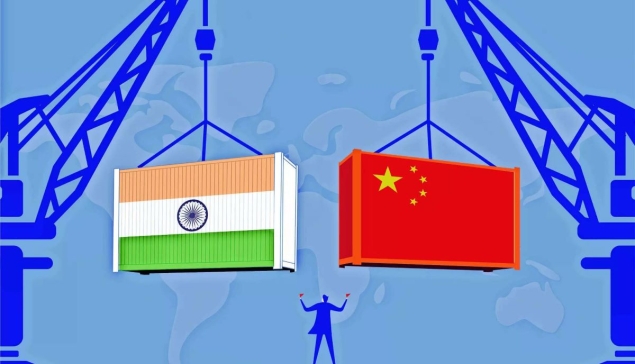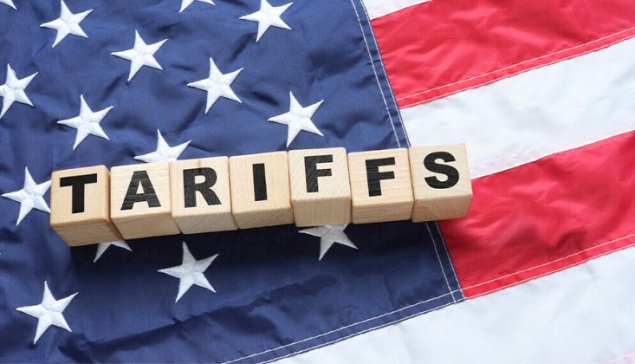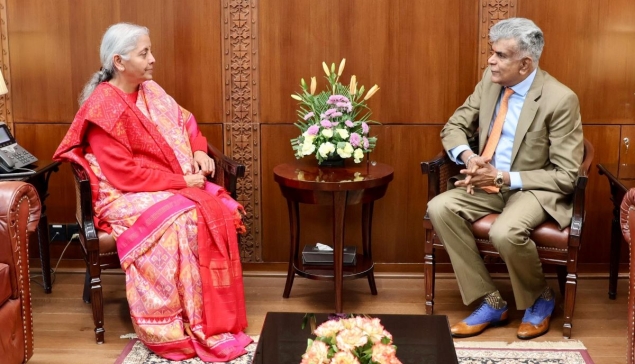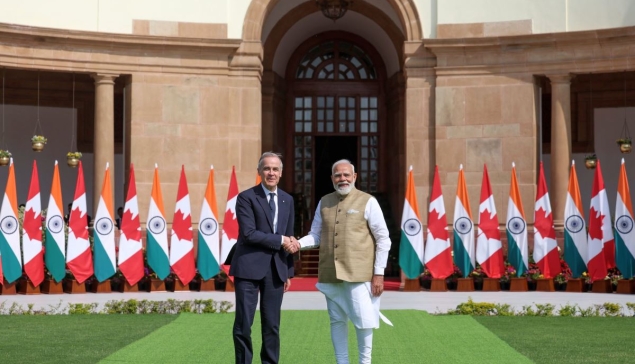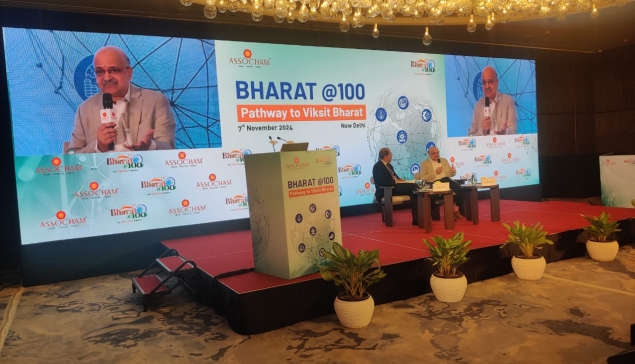This shift signals a move away from the relentless pursuit of the cheapest price, suggesting a more mature market. Major players like Myntra, Zomato, and Swiggy are leading the way by implementing fees to ensure their own long-term success.
That is pretty directional that business models are heading in the direction of discount frenzy to sustainable businesses and big no to mindless cash burn.
Previously, Indian e-commerce relied on deep discounts to attract customers. While this strategy fueled rapid growth, it left companies with razor-thin profits. With a decline in investor funding, the focus has shifted towards profitability, paving the way for platform fees.
New normal
For instance, Myntra's recent fee increase met with minimal online backlash, a stark contrast to past reactions. This suggests a more discerning consumer base that values factors beyond just rock-bottom prices. Similar fee structures are being implemented by Nykaa Fashion and food delivery giants Swiggy and Zomato. Interestingly, some major players like Amazon and Flipkart haven't adopted this approach yet.
The Financial Power to be
Platform fees allow e-commerce companies to focus on "unit economics," ensuring each sale generates a profit, unlike the heavy discounts that eroded margins before. With tighter funding, sustainable business models are crucial.
Every drop matters; Experts estimate a one-rupee fee could increase profitability by 5%. Zomato's experience exemplifies this. After introducing fees, they reported improved margins while still experiencing customer growth.
Finding the Fee Sweet Spot:
While platform fees seem here to stay, companies need to strike a balance. Analysts recommend keeping fees within 3-5% of the average order value to avoid driving customers away. Additionally, fees could be strategically applied with higher charges for larger orders.
Evolving paradigm; The acceptance of platform fees signifies a maturing Indian e-commerce landscape. Similar to other industries, online retailers are adjusting their pricing strategies for long-term viability. Leading players are paving the way for sustainable growth, leaving behind the era of unsustainable discount wars. The future of Indian e-commerce appears to be more balanced and profitable for everyone involved and heading the direction of outcome driven sustainable business operations.







